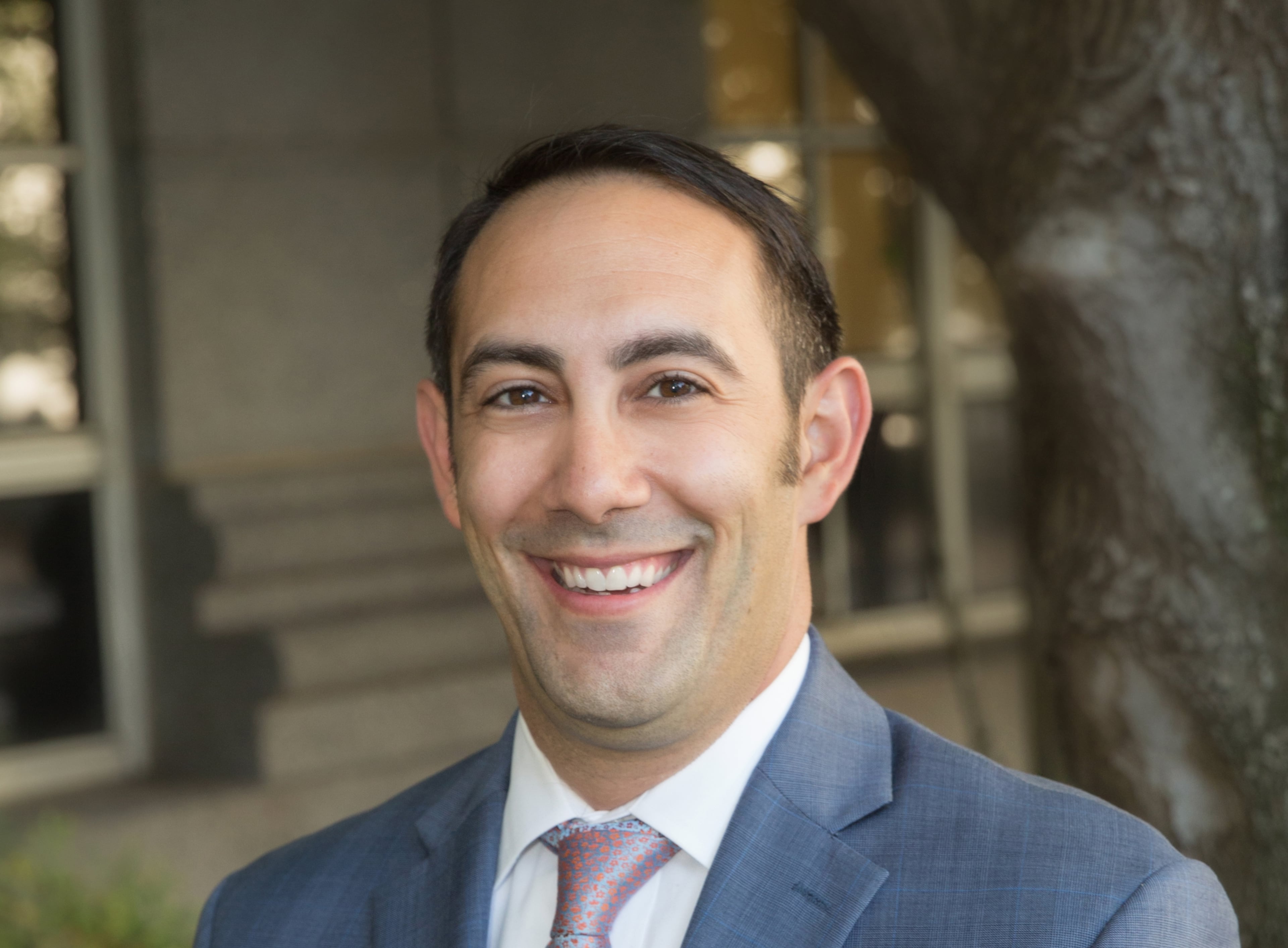There has been a Jewish community in Georgia since just after Oglethorpe arrived in 1733. Since that time, we have been involved in every aspect of society, supporting organizations and institutions that both directly and indirectly impact the Jewish community, as well as those who do not.
Today, approximately 150,000 Jewish people live in metro Atlanta, roughly 2% of the total population.
And yet, antisemitism, Jew hatred, persists.
Over the past 12 months in Atlanta, we have seen rising antisemitism on our streets, in our schools and expressed by elected officials across the political spectrum. It has been demonstrated by Holocaust distortion, swastikas scrawled in schools, references to Jewish power and remarks labeling Israel a racist and Nazi-like state.
That might help explain why 90% of American Jews believe antisemitism is a problem in the United States and why 82% say it has increased over the past five years, according to the 2021 American Jewish Committee State of Antisemitism in America Report. It was released three years after the Tree of Life synagogue massacre in Pittsburgh, the single largest deadly antisemitic attack in the nation’s history.
Nationwide, the number of U.S. adults who are familiar with the term antisemitism has increased to 65%, up from 53% in the American Jewish Committee 2020 report, but still disturbing when 16% say they have never heard the term. Only 61% of Americans from the South know what antisemitism means, and 16% have never heard of it. Clearly, there is a lot of work to be done.
Which presents us with an opportunity.

We are a diverse minority that embraces our Jewishness in individual and communal, religious and cultural ways. In addition to those who have been here for generations, more recent members of our community have moved here from across the U.S. and from around the world. We are Latino, Black, Asian, Indian, gay, straight, religious and secular.
Sadly, 26% of Jewish people who live in the South have avoided in the last 12 months publicly wearing, carrying, or displaying items that might help people identify them as Jewish. The national Jewish response was 22%.
Frustratingly, 39% of Jewish adults – 48% between the ages of 18 and 35 – nationally said they changed their behavior over the past 12 months for fear of their safety.
The Jewish community cannot be afraid or allow those who hate us to define us.
Recently, I have chosen to wear my kippah (Jewish head covering). While it is a religious practice, it is an easy identifier so that people will know that I am Jewish. My kippah serves as an educational opportunity to the non-Jewish community to inquire about Judaism-- our practices, rituals, history and culture, all of which is infused by 2,000 years as a diaspora community.
And while our history includes the world’s oldest hatred, antisemitism, which has been plaguing us for thousands of years, there are also tremendous stories of accomplishment and innovation, mutual respect and cooperation.
Our history and experiences have led us to create partnerships with leaders and organizations across the ethnic, religious, political and civic spectrum. Each of these relationships is unique and provides us the opportunity to work together on common issues, as well as to explain our contributions and pride, as well as the constant fear.
The State of Antisemitism in America report today provides a lens for how the Jewish community and the general population feel about antisemitism. I hope it will challenge us to find different expressions of our Jewish pride and opportunities for engagement.
Dov Wilker, @dovwilker, is the Atlanta regional director of the American Jewish Committee and its national director for Black/Jewish relations.


